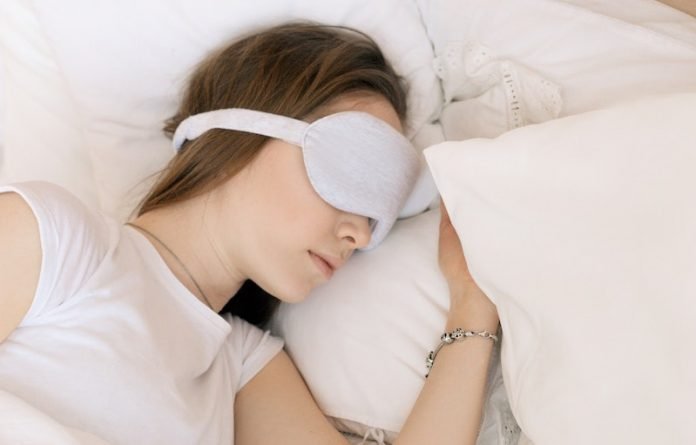
In a study from the University of Birmingham, scientists found that people who experience frequent bad dreams in middle age are more likely to be diagnosed with dementia later in life.
The study suggests nightmares may become prevalent several years or even decades before the characteristic memory and thinking problems of dementia set in.
In the study, the team examined data from three community-based cohorts in the U.S. These included more than 600 adult men and women aged between 35 and 64; and 2,600 adults aged 79 and older.
All the participants were dementia-free at the start of the study and followed up for an average of nine years for the younger group and five years for the older participants.
The study started collecting data between 2002 and 2012. Participants completed a range of questionnaires, which includes a question on how often individuals experienced bad dreams.
The team found that middle-aged people (35-64) who experience bad dreams on a weekly basis are four times more likely to experience cognitive decline over the following decade, while older people were twice as likely to be diagnosed with dementia.
Interestingly, the study found that the associations were much stronger for men than for women.
For example, older men experiencing nightmares on a weekly basis were five times more likely to develop dementia than older men reporting no bad dreams. In women, however, the increase in risk was only 41 percent.
The team says the next steps for the research will include investigating whether nightmares among young people could be associated with future dementia risk and whether other dream characteristics, such as how often we remember dreams and how vivid they are, could also be used to identify dementia risk.
Using electroencephalography (EEG) and magnetic resonance imaging (MRI), the researchers also plan to examine the biological basis of bad dreams in both healthy people and people with dementia.
If you care about sleep, please read studies about new surgery that could benefit people with sleep apnea, and how to deal with “COVID-somnia” and sleep well at night.
For more information about sleep, please see recent studies about sleep apnea linked to autoimmune diseases, and results showing this drug could help treat insomnia and sleep loss.
The study was conducted by Dr. Abidemi Otaiku et al and published in EClinicalMedicine.
Copyright © 2022 Knowridge Science Report. All rights reserved.



